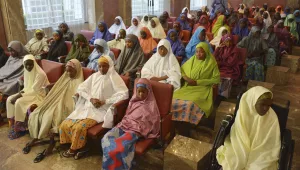Overview
Jihadi ideologues mobilize Muslims, especially young Muslims, through an individualist, centered Islam. Appealing to a classical defense doctrine, they argue that the mandates of jihad are the individual duty of every Muslim and therefore transcend and undermine both the authority of the state and the power of parental control.
Yet emphasizing the duty and right of individually initiated jihad is just one side of do-it-yourself Islam. The other involves protecting the purity of doctrinal beliefs against deviation, even by fellow jihadis. The pursuit of doctrinal purity has led some jihadis to resort to takfir, a pronouncement that declares fellow Muslims unbelievers and makes it legal to shed their blood. Set against the background of the Kharijites, Islam's first counter-establishment movement, this book explores the religious philosophy underlying jihadism. The Kharijites's idealistic and individualistic ideology forces members to deploy takfir against one another, thus hastening their extinction as a group.
Praise for The Jihadis' Path to Self-Destruction:
"The Jihadis' Path to Self-Destruction brings a completely different set of analytical tools and source materials to supplement existing theories, greatly enriching our understanding of jihadism." — Thomas Hegghammer, International Security Program/Initiative on Religion in International Affairs, Belfer Center for Science and International Affairs, Harvard Kennedy School
"The Jihadis' Path to Self-Destruction is written with verve and insight, skillfully integrating past and present, and primary and secondary sources. It offers marvelous insight into the jihadi mindset—its devastating simplicity and the complexities and contradictions out of which it has evolved and which may also lead to the movement's self-destruction." — A. H. Johns, College of Asia and the Pacific, Australian National University
Lahoud, Nelly. “The Jihadis' Path to Self-Destruction.” Columbia University Press, November 2010




